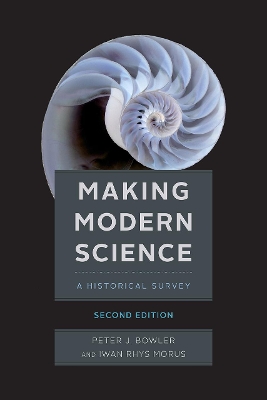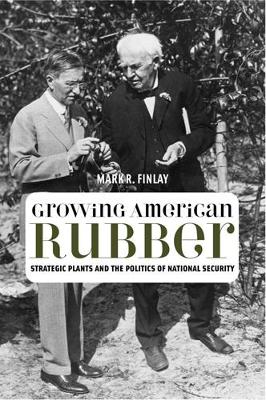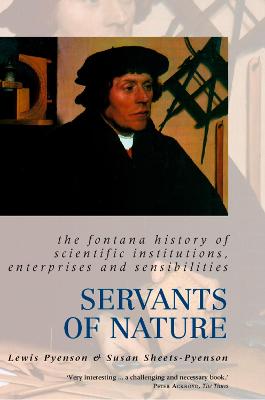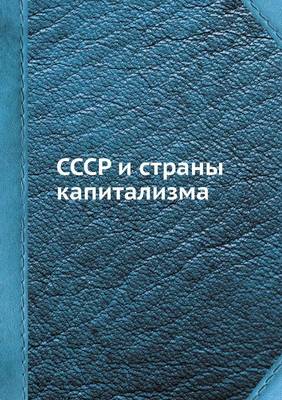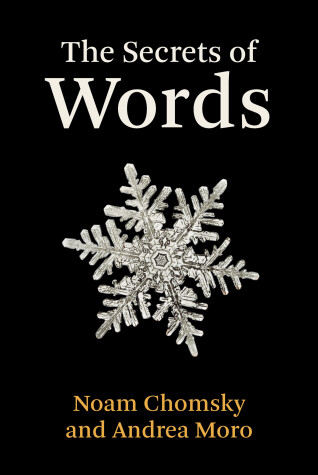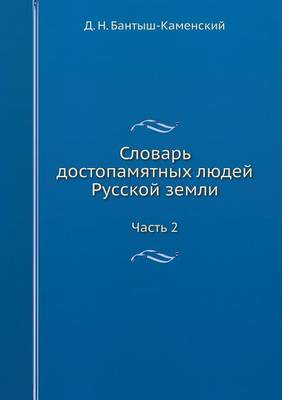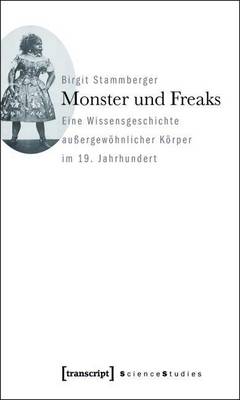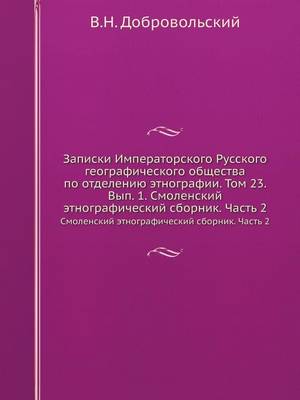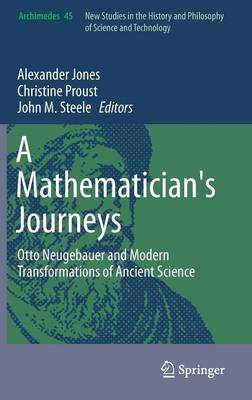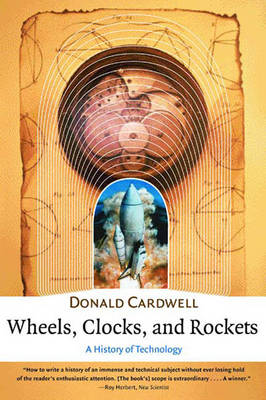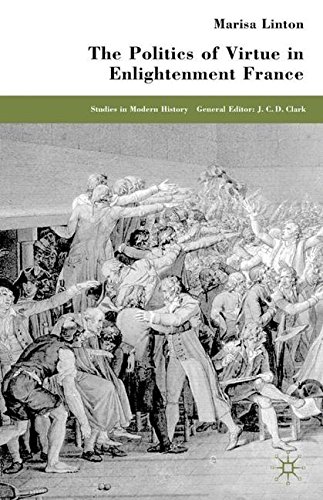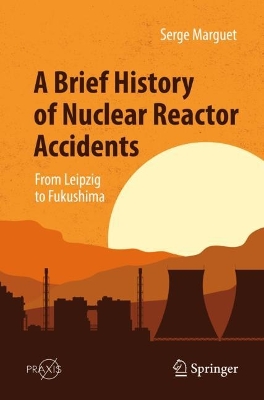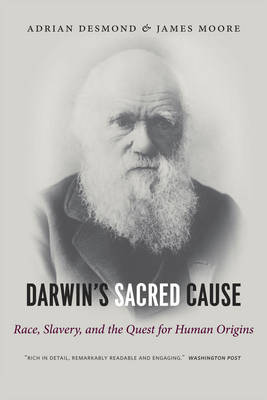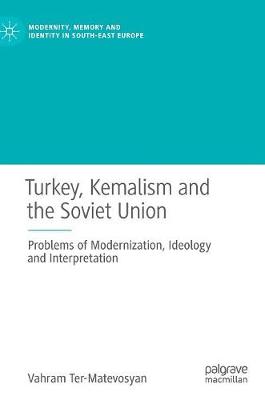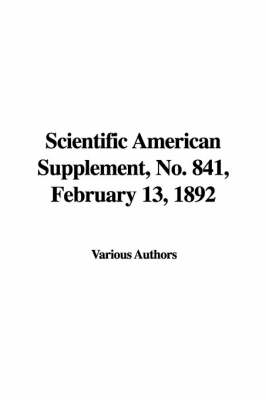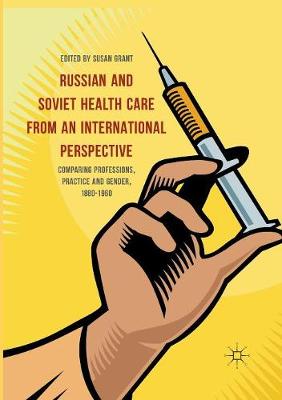Making Modern Science, Second Edition
by Peter J. Bowler and Iwan Rhys Morus
In this new edition of the top-selling coursebook, seasoned historians Peter J. Bowler and Iwan Rhys Morus expand on their authoritative survey of how the development of science has shaped our world. Exploring both the history of science and its influence on modern thought, the authors chronicle the major developments in scientific thinking, from the revolutionary ideas of the seventeenth century to contemporary issues in genetics, physics, and more. Designed for entry-level college courses and...
Growing American Rubber (Studies in Modern Science, Technology, and the Environment)
by Mark R. Finlay
Growing American Rubber explores America's quest during tense decades of the twentieth century to identify a viable source of domestic rubber. Straddling international revolutions and world wars, this unique and well-researched history chronicles efforts of leaders in business, science, and government to sever American dependence on foreign suppliers. Mark Finlay plots out intersecting networks of actors including Thomas Edison, Henry Ford, prominent botanists, interned Japanese Americans, Haiti...
Servants of Nature (Fontana History of Science S.)
by Lewis Pyenson and Susan Sheets-Pyenson
‘Highly readable, subtle and thought-provoking scientific history’ Scotsman In this penetrating work, Pyenson and Pyenson identify that major advances in science stem from changes in three distinct areas of society: the social institutions that promote science, the sensibilities of scientists themselves and the goal of the scientific enterprise. Servants of Nature begins by examining the institutions that have shaped science: the academies of Ancient Greece, universities, the growth of...
Two distinguished linguists on language, the history of science, misplaced euphoria, surprising facts, and potentially permanent mysteries. In The Secrets of Words, influential linguist Noam Chomsky and his longtime colleague Andrea Moro have a wide-ranging conversation, touching on such topics as language and linguistics, the history of science, and the relation between language and the brain. Moro draws Chomsky out on today’s misplaced euphoria about artificial intelligence (Chomsky sees “lot...
Protecting Your Identity: A Practical Guide to Preventing Identity Theft and Its Damaging Consequences
by Matthew Record
Словарь достопамятных людей Русской земл
by Д. Н. Бантыш-Каменский
Monster Und Freaks: Eine Wissensgeschichte Aussergewohnlicher Korper Im 19. Jahrhundert
by Birgit Stammberger
Philosophy, Science, and History
Philosophy, Science, and History: A Guide and Reader is a compact overview of the history and philosophy of science that aims to introduce students to the groundwork of the field, and to stimulate innovative research. The general introduction focuses on scientific theory change, assessment, discovery, and pursuit. Part I of the Reader begins with classic texts in the history of logical empiricism, including Reichenbach's discovery-justification distinction. With careful reference to Kuhn's analy...
Записки Императорского Русского географ&
by В.Н. Добровольский
A Mathematician's Journeys (Archimedes, #45)
This book explores facets of Otto Neugebauer's career, his impact on the history and practice of mathematics, and the ways in which his legacy has been preserved or transformed in recent decades, looking ahead to the directions in which the study of the history of science will head in the twenty-first century. Neugebauer, more than any other scholar of recent times, shaped the way we perceive premodern science. Through his scholarship and influence on students and collaborators, he inculcated bo...
As technology transforms our lives at an ever quickening rate, Donald Cardwell reminds us that technological innovation is not created in a vacuum rather, it is the product of the successful interaction between social change, scientific developments, and political vision. In this wide-ranging, "spirited" (Booklist) survey of the machines and tools that humans have developed throughout history, Cardwell not only explains the mechanical technicalities but also delves into the underlying trends tha...
The Politics of Virtue in Enlightenment France (Studies in Modern History)
by M Linton
This is the first study to focus on the idea of virtue and its place in political thought in eighteenth-century France. Virtue could be used to impart moral authority to arguments about political power. The development of this strategic idea is traced through the works of key Enlightenment thinkers. There is also consideration of the ways in which numerous popular writers of the day, including clerics, eulogists, journalists, novelists and lawyers, employed the idea of virtue in polemical discus...
A Brief History of Nuclear Reactor Accidents (Springer Praxis Books) (Popular Science)
by Serge Marguet
Are you afraid of a nuclear reactor accident? Should you be? This book will arm you with the scientific knowledge necessary to make a rational and informed opinion on the subject, without having to be an expert in nuclear physics. Written so that a non-specialist can easily approach the highly technical aspects, it looks at all significant nuclear reactor accidents since the dawn of the Atomic Age and brings to light many crucial details that rarely, if ever, appear in the general media. Serge M...
A Medieval Critique of Anthropomorphism (Islamic Philosophy, Theology and Science. Texts and Studies, #46)
There has always been a mystery surrounding Darwin: How did this quiet, respectable gentleman come to beget one of the most radical ideas in the history of human thought? It is difficult to overstate what Darwin was risking in publishing his theory of evolution. So it must have been something very powerful--a moral fire, as Desmond and Moore put it--that helped propel him. That moral fire, they argue, was a passionate hatred of slavery. In opposition to the apologists for slavery who argued tha...
Turkey, Kemalism and the Soviet Union (Modernity, Memory and Identity in South-East Europe)
by Vahram Ter-Matevosyan
This book examines the Kemalist ideology of Turkey from two perspectives. It discusses major problems in the existing interpretations of the topic and how the incorporation of Soviet perspectives enriches the historiography and our understanding of that ideology. To address these questions, the book looks into the origins, evolution, and transformational phases of Kemalism between the 1920s and 1970s. The research also focuses on perspectives from abroad by observing how republican Turkey and pa...
Jesus in an Age of Enlightenment (Christianities in the Trans-Atlantic World)
by Jonathan C. P. Birch
This book explores the religious concerns of Enlightenment thinkers from Thomas Hobbes to Thomas Jefferson. Using an innovative method, the study illuminates the intellectual history of the age through interpretations of Jesus between c.1650 and c.1826. The book demonstrates the persistence of theology in modern philosophy and the projects of social reform and amelioration associated with the Enlightenment. At the core of many of these projects was a robust moral-theological realism, sometimes m...
Russian and Soviet Health Care from an International Perspective
This collection compares Russian and Soviet medical workers - physicians, psychiatrists and nurses, and examines them within an international framework that challenges traditional Western conceptions of professionalism and professionalization through exploring how these ideas developed amongst medical workers in Russia and the Soviet Union. Ideology and everyday life are examined through analyses of medical practice while gender is assessed through the experience of women medical professionals a...
